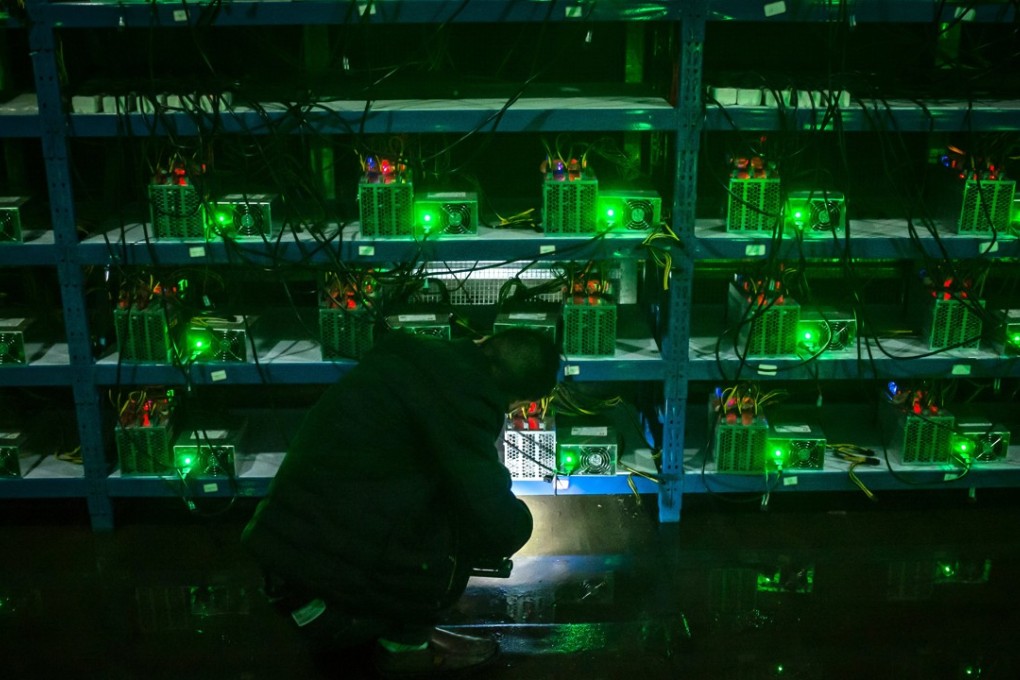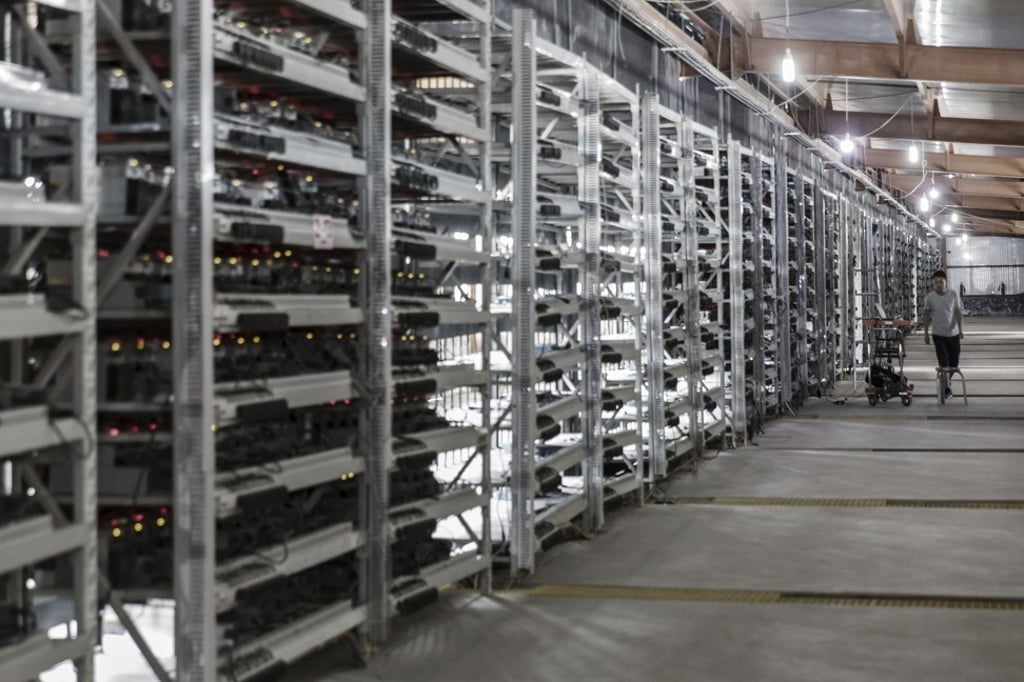What is an ICO, and why is China’s central bank banning it?

What is an ICO?
An initial coin offering (ICO) is a form of crowd-sourced fundraising that uses cryptocurrencies. Also known as digital currencies, or virtual currencies, cryptocurrencies work as a medium of exchange using encryption to secure transactions and for creating (known as mining) additional units.
Cryptocurrencies, the best known of which is the bitcoin, use distributed ledgers known as block chains to track transactions. There are now hundreds in existence, as the currencies’ independence make them attractive to some users.
Cryptocurrencies can be designed to be widely used, as with bitcoin, or to operate within an online network like the Ethereum network that uses ethers to make payments.
When a new cryptocurrency is launched, the creators, as with any other project, need funds to make it work. ICOs have evolved to fill this need.
